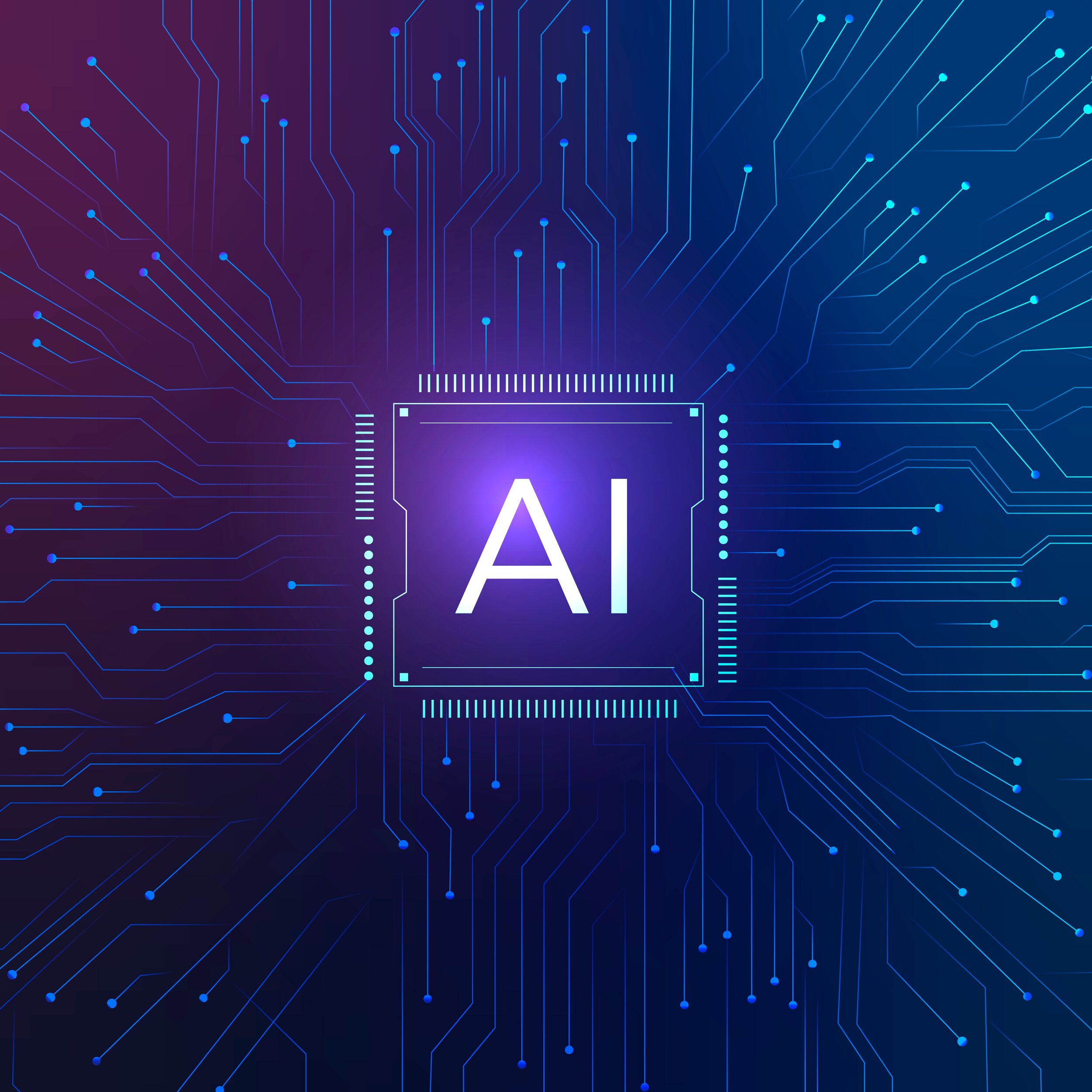Artificial intelligence (AI) is good or bad for future?
AI is a tool, and like any tool, it can be used for both positive and negative outcomes depending on how it is developed, implemented, and regulated. Here's a balanced view of its potential impact on the future:
Efficiency and Productivity: AI can automate repetitive tasks, analyze large data sets, and assist in decision-making, leading to increased productivity in various industries like healthcare, finance, and manufacturing.
Innovation: AI can drive innovation by enabling new products, services, and business models that were not possible before. It can also accelerate scientific research and technological advancements.
Improved Quality of Life: AI can enhance personal and professional life through applications like personalized medicine, smart homes, and better communication tools.
Accessibility: AI can help make information, education, and services more accessible to people with disabilities and those in remote areas.
Job Displacement: Automation and AI-driven technologies could lead to job loss in certain sectors, particularly for roles that involve repetitive tasks. This could increase economic inequality if not managed properly.
Privacy Concerns: AI systems, especially those that process large amounts of personal data, could lead to privacy issues if not regulated appropriately.
Bias and Discrimination: AI systems can inherit biases from the data they are trained on, leading to unfair outcomes in areas like hiring, law enforcement, and lending.
Security Risks: AI could be used maliciously, such as in cyber attacks, deepfakes, or autonomous weapons, posing significant security risks.
Conclusion:AI's impact on the future will largely depend on how society chooses to develop, regulate, and use it. With careful planning, ethical considerations, and inclusive policies, AI can be a force for good. However, if left unchecked, it could also lead to negative consequences.

